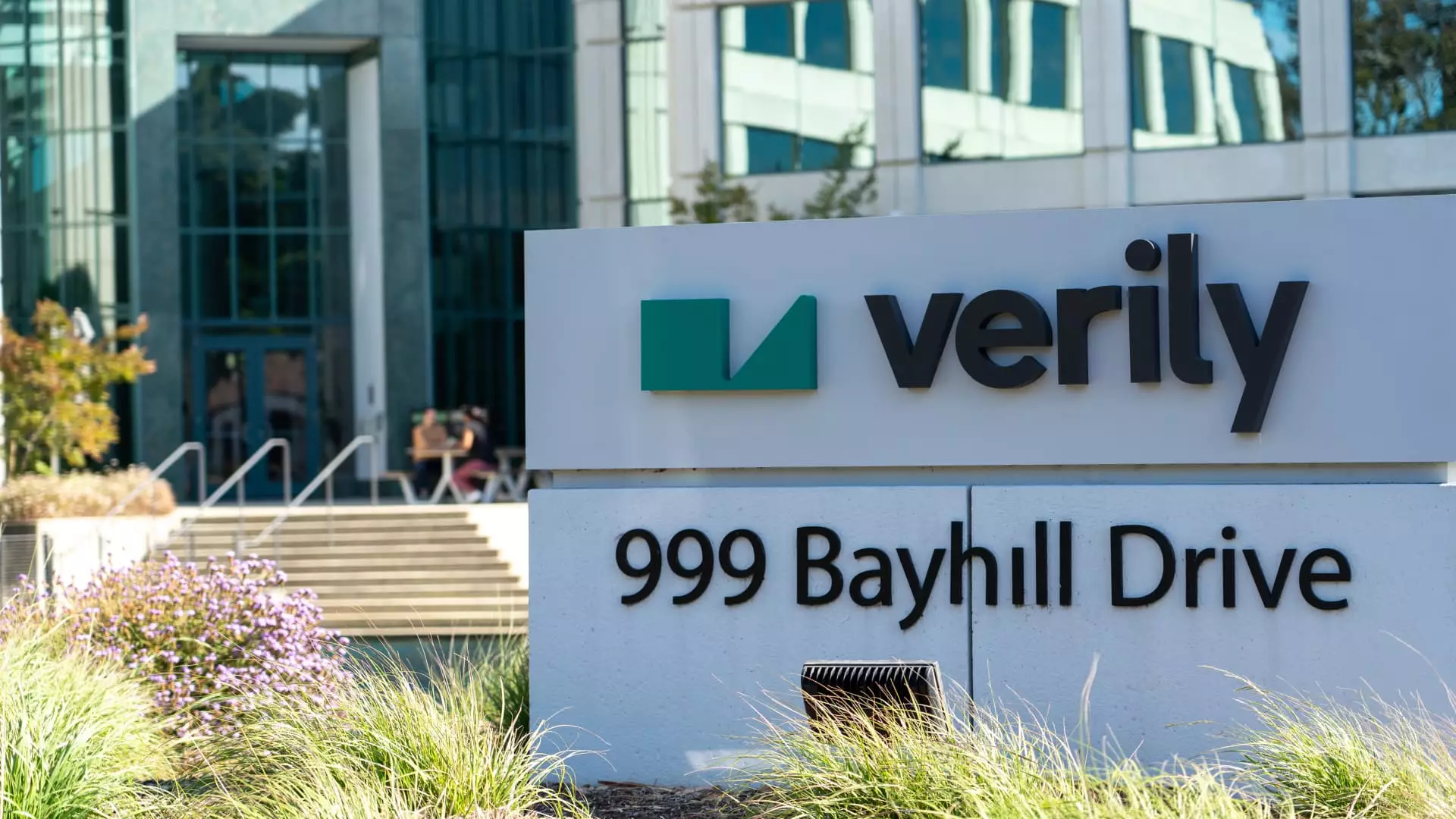Verily, originally envisioned as a pioneer in healthcare innovations, has undergone a tumultuous transformation within the Alphabet conglomerate. Initially launching in 2015 as a part of Alphabet’s innovation lab, Verily was conceived with aspirations to revolutionize health technology through ambitious projects, including the development of devices such as continuous glucose monitors. Over the years, the organization has pivoted through various domains with notable agility—first adapting to the urgent demands brought forth by the COVID-19 pandemic and later reorienting its focus toward precision medicine.
The recent decision to sell Granular Insurance Company to Elevance Health marks another turn in Verily’s strategic journey. Although the precise financial terms of the deal remain undisclosed, this move signals a deeper shift in Verily’s vision for the future. This sale reflects a trend of reassessing priorities amidst a backdrop of large-scale workforce reductions and significant restructuring efforts aimed at stabilizing its operations.
Granular Insurance, which began as Coefficient Insurance Company in 2020, was established with the backing of the Swiss Re Group’s commercial insurance unit. Its mission was to provide innovative medical stop-loss insurance solutions tailored for self-funded employers. Utilizing advanced technology, Granular aimed to carve out a niche in the competitive insurance landscape. However, despite its technology-driven approach and substantial backing—collecting over $1 billion in funding—Granular struggled to solidify its position within the market.
The leadership changes within Verily further illustrate the challenges the company has encountered. The hire of prominent industry veterans such as Myoung Cha from Apple and Andrew Trister, a key player in precision health, indicates a strong desire for effective leadership and direction. Nevertheless, the loss of experienced figures, like Amy Abernethy, raises questions about stability within the executive ranks and the coherence of the strategic vision going forward.
Even as the sale of Granular Insurance Company to Elevance Health highlights some setbacks, it also presents Verily with an opportunity to refine its focus on primary initiatives such as AI-driven healthcare solutions. The launch of Lightpath, an artificial intelligence-powered chronic care management program focused on metabolic health, demonstrates a commitment to embracing new technological possibilities. This program aims to enhance patient care for individuals utilizing advanced weight loss medications, showcasing Verily’s intent to address evolving healthcare needs.
While Verily’s quest to carve out a definitive market niche may have been fraught with challenges, the company remains poised to leverage its considerable financial backing and talent pool. The ongoing transformation signifies not just a reaction to external pressures but a foundational step in what could be a more coherent strategy. With a commitment to innovation and adaptability, Verily could emerge as a more competitive player in the health tech arena, despite the recent setbacks related to Granular.
While the sale of Granular Insurance Company underscores fluctuations in Verily’s trajectory, it also encapsulates the potential for reinvention. The firm’s ability to navigate these complexities and exceed the limitations of past ventures will determine its viability and relevance in a rapidly changing healthcare landscape.

